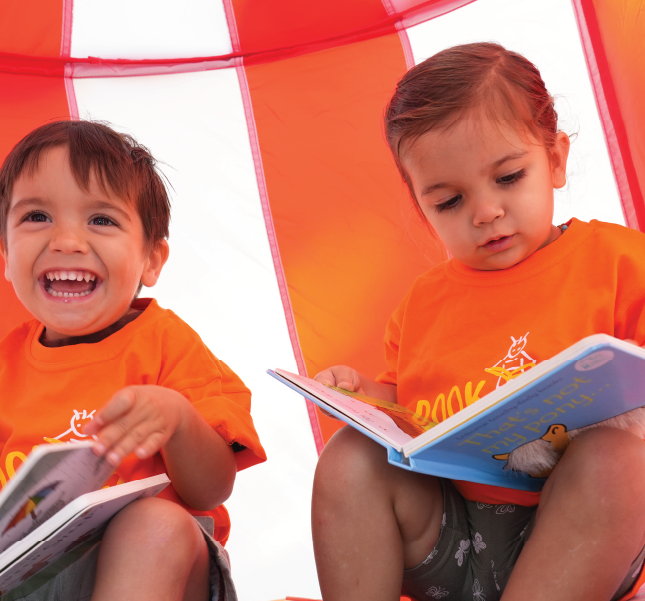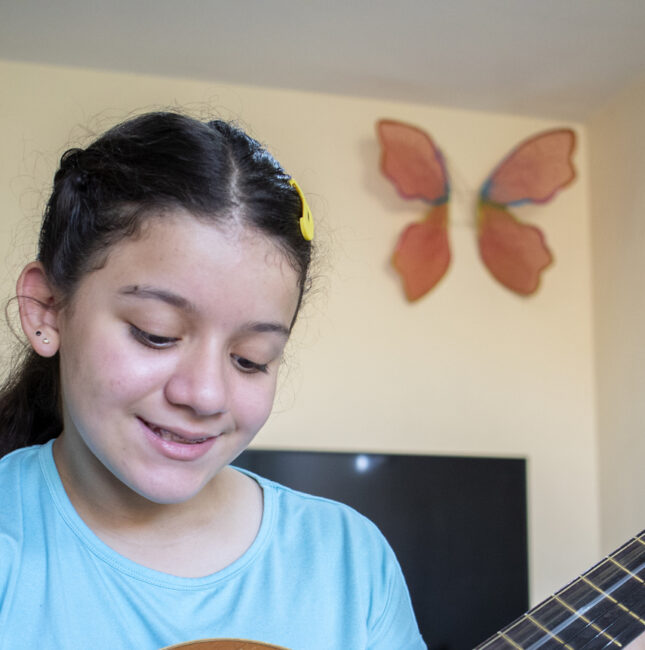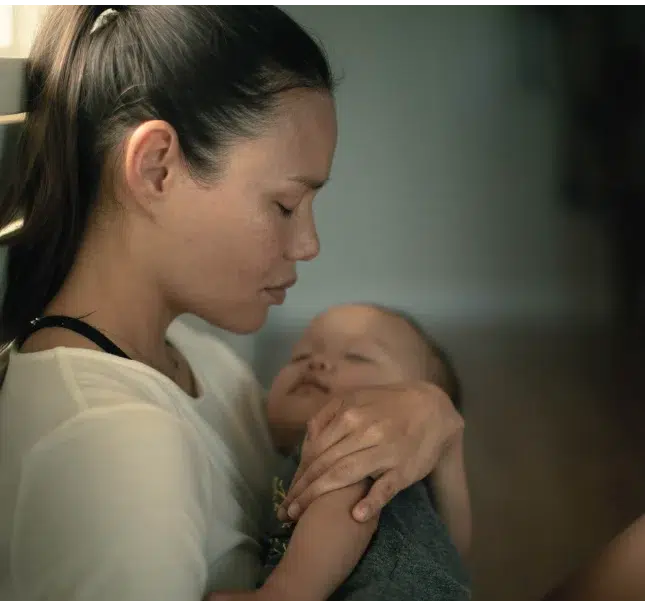Empowering young people to speak up when something isn’t right
May 27, 2024
Slowly but surely, domestic violence is becoming less of a taboo topic. We see anti-violence ads on buses, big brands and businesses taking action, and employees are now entitled to ten days of paid family and domestic violence leave. But if we were to encounter or witness violence, many of us freeze. “I don’t want to intrude” or “I don’t want to put myself at risk,” we might tell ourselves.
Danielle, Domestic Violence Project Specialist at CatholicCare, stresses the importance of teaching young people how to be active bystanders and speaking up when something isn’t right. Here, Danielle dispels some common misconceptions about being an active bystander and explores how as parents we can empower our children to call things out.
What does it mean to be an active bystander?
To be an active bystander means when you see something that isn’t OK, asking yourself, ‘What can I do to call out that behaviour?’ When you don’t do something about it, you’re essentially condoning that behaviour and saying it’s OK.
Why is it so important to teach young people to be active bystanders?
When we teach young people to be active bystanders we can change the social fabric of our society, slowly but surely.
In the past, a lot of people knew about domestic and family violence, but there was a general attitude of not wanting to intrude or intervene with what is happening behind closed doors. There is definitely more awareness of family violence now, but there is still a widespread attitude of not wanting to intervene when we hear of it happening.
When we go into schools and talk about being an active bystander, we emphasise that it’s not about knocking on doors and saying, “Hey, what’s going on here?” Nor is it confronting people in shopping centres. We know that direct intervention is the most dangerous thing to do, so we look at arming people with different tools. We ask the young people to consider:
- Is there a parent or someone you can call?
- Have you considered calling the police?
- Were there security cameras nearby that could be accessed?
- Can you gather a group of people who witnessed the same incident and address it together?
A common misconception is that being a bystander means putting yourself in danger, but it doesn’t have to be like that. There are so many other ways of calling out things that aren’t OK.
When we empower young people with tools to call things out, we are creating safer, more nurturing and supportive communities.
How can I empower my child to speak up when something isn’t right?
As a parent myself, this is woven into the way I talk to them when they get home from school.
When we’re talking with them about their day, they might mention that there was a fight on the playground or damage to property.
In these situations, rather than brushing them off we can ask our child if anyone reported it. We can use these conversations as an opportunity to teach our children that now they have witnessed some kind of injustice, how can they be part of a change?
A lot of young people don’t know that they can report incidents anonymously, so this is something we can tell our children. Often, young people will be worried about their reputation, but in many schools when things are reported, the identity of the child who made the report doesn’t need to be shared.
Could you tell me about CatholicCare’s work in this space?
CatholicCare runs a Healthy Young People Program and we target specific groups and empower them with tools to be active bystanders. We go into schools, youth justice centres and universities. We work with schools in areas where there are high incidents of violence, based on police reports. In my work, I encounter the most beautiful kids. I will never forget one young fellow who said, “Danielle, you’re talking to us about what a healthy relationship looks like. I’ve never seen that anywhere.” When you hear things like this, you’re reminded of why this work is so important.
For more information about CatholicCare’s work in this space, email is info@catholiccaredbb.org.au, call us on 1800 324 924 or visit our website.
Image credit: Priscilla du Preez unsplash
More news stories like this one
Changing lives through literature
Many of us take it for granted that our kids will grow up learning to read and write, yet for many children throughout Australia, this is not the case. Lack of education and early literacy can affect children throughout their lives and lead to psychological damage, poor health, fewer job opportunities and lower incomes.
Read MoreBuilding a support network makes all the difference for Julia
It was May 2022, and Julia’s whole body went numb as she sat in a hospital room with her 14 year old daughter, Anna. They'd been discharged from the hospital, but they had nowhere to go.
Read MoreThe importance of post natal mental health
Parenthood can be an extremely emotional time for everyone as it brings immense change. It can be both joyous and...
Read More


